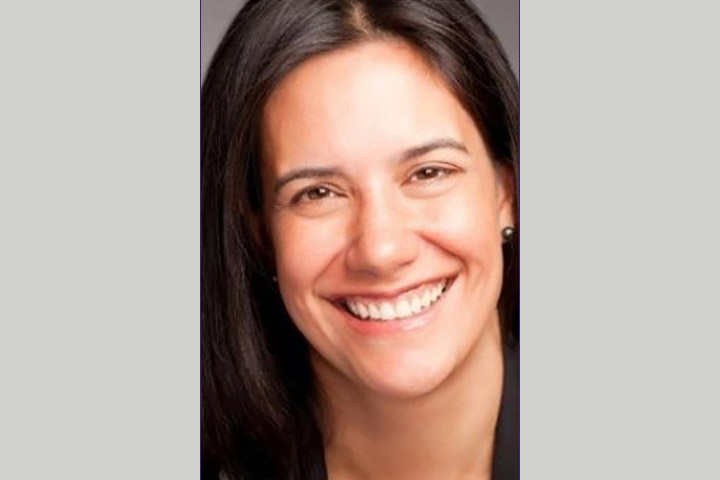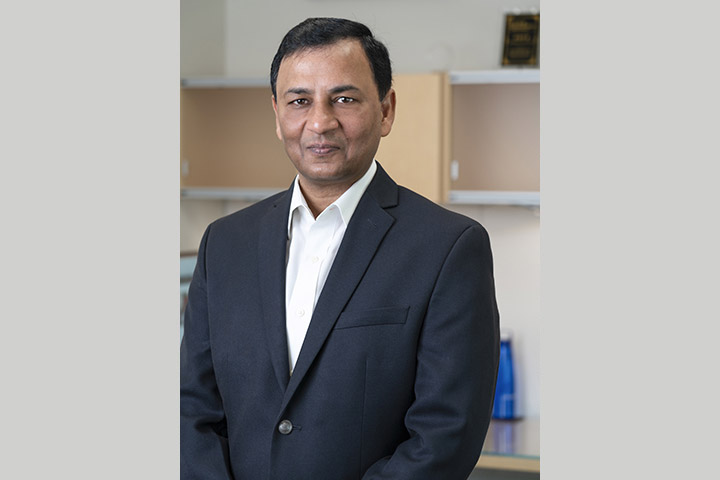Which Is the Best Screening Method for Pancreatic Cancer?

Age-appropriate screening for certain cancers has become part of routine medical care, but what about pancreatic cancer?
Someone who has watched a family member face pancreatic cancer may want to do all they can to prevent their own battle with the disease, or to catch it at an early, more treatable stage. In the emerging era of precision medicine and genetic testing, people with family histories of pancreatic cancer and those harboring certain genetic mutations or syndromes are increasingly seeking out screening.
Consensus-based guidelines recommend pancreatic cancer screening for certain individuals at an increased risk of developing pancreatic cancer. However, these recommendations are based on evidence of increased risk, not effectiveness of screening and surveillance.
Aimee L. Lucas, M.D., M.S., an Associate Professor of Medicine and Gastroenterology in the Henry D. Janowitz Division of Gastroenterology at Mount Sinai’s Icahn School of Medicine in New York City, is searching for such evidence, as well as answers to the questions of which screening methods are best, and when they should be conducted.
When you look at the incidence of cancer in the United States, some cancers (including pancreatic and liver cancer) are on the rise, while others (including breast, colon, and lung cancer) are on the decline. Lucas notes that while some of the latter have established screening guidelines and efficacy data, we do not have that information for pancreatic cancer.
“Go to three different hospitals and you are likely to get three different screening recommendations,” Lucas says. “The purpose of my research is to determine which pancreatic cancer screening tests are effective and what the appropriate screening intervals should be.”
Far-Reaching Benefits of Screening
Despite advancements in research and treatment, five-year survival rates for pancreatic cancer are still in the single digits. Catching the disease in its infancy is the best chance for a cure, so early detection is a very desirable goal for both doctors and patients.
Pancreatic cancer caused by certain heritable mutations could have implications for family members and could predispose them to other cancers as well. BRCA1 or BRCA2 mutations, which may be found in about 5 to 8 percent of the pancreatic cancer population, are closely associated with breast and ovarian cancers. They are even more prevalent among those of Ashkenazi Jewish heritage, so screening for these mutations in certain populations could be beneficial.
Lucas is also excited that, for the first time, genetic testing of pancreatic cancer patients may have therapeutic benefit, as tumors containing some mutations may be targeted with new drugs such as PARP inhibitors or checkpoint inhibitors.
Potential Burdens
Some of the screening methods may not be for everyone, however. Endoscopic ultrasounds involve anesthesia, and are somewhat invasive, similar to an endoscopy or colonoscopy.
As the name suggests, magnetic resonance imaging (MRI) is a type of scan that uses strong magnetic fields to produce detailed images of the inside of the body. Those with certain types of metal in their bodies from previous medical interventions cannot have this type of scan. Those who are claustrophobic or unable to lie still for extended periods of time may also have trouble.
“Neither of the tests is cheap, so there are potential financial burdens to consider, particularly while we continue to establish the evidence for the benefit of screening to insurance companies,” Lucas notes.
“That being said, I continue to recommend screening to appropriate higher-risk patients who are able to undergo such testing,” she adds. “I have patients who have been spared the development of advanced pancreatic cancer through early detection and surgery to remove precancerous lesions or small cancers.”
Case-by-Case Basis
Lucas tries to present patients with the best interpretation she can of their lifetime risk of developing pancreatic cancer. That in itself is tricky, and subject to interpretation.
A heightened risk due to an inherited mutation could raise the probability of developing pancreatic cancer from 1.5 percent to 5 percent. On one hand, that’s three to four times the risk of the general population. On the other hand, there’s a 95 percent likelihood that they will never have to deal with it.
In fact, it may be more likely that a patient with such mutations would develop cancer elsewhere. When confronted with a young woman with a BRCA1 mutation and no family history of pancreatic cancer, for instance, Lucas says the more pressing concern would be getting that patient screened for breast and ovarian cancer. Likewise, she might urge a 60-year-old man with a genetic mutation to get checked for colon cancer, where screening has been proven to save lives, before undergoing annual pancreatic cancer scans.
“It’s important to make assessments on an individual basis, and to take a multidisciplinary approach to cancer risk stratification,” Lucas explains.
To learn more about genetic testing and screening, read the articles “Can a Pancreatic Cancer Screening Test Become a Reality?” “Genetic Testing Can Help Those You Love,” “The ABCs of Genetic Testing,” and the story “Before You Leap: Genetic Testing for Pancreatic Cancer.”





